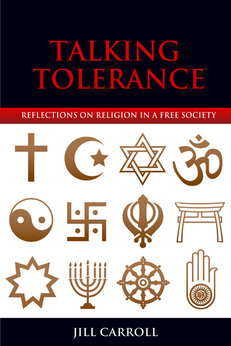Impermanence, Interdependence & Emptiness
The ideas of impermanence, interdependence and emptiness are central to Buddhist teaching - and to the whole Buddhist worldview actually.
What these ideas boil down to really is that there is no permanent essence to anything. No part of anything lasts forever or is eternal. Everything (and everyone) that exists does so because of the interrelatedness of various parts - not because it has a permanent essence or "soul" around which all the parts are organized.
This is jarring to some people, especially those who are attached to the idea of an immortal soul, which is at the heart of Christianity, Islam and some other religions. Buddhism affirms no such soul. It affirms exactly the opposite - that there is nothing permanent about us or about anything else. Moreover, attachment to the idea of a permanent soul or essence to anything is at the heart of the ignorant desire that causes so much suffering in our lives.
The famous chariot example illustrates these ideas. Buddha points to a chariot and asks "where is the essence of the chariot?" Is it in the wheels? The seat? The axle? The cart? No - none of these contain any "essence" of the chariot. And if each of these is broken down into their smaller parts, there is no essence within them either. The chariot, as a whole, is simply a particular arrangement of parts, each of which themselves are also a particular arrangement of smaller parts. The chariot is a thing that exists interdependently.
This is true of all things and all people. All things exist interdependently - not as permanent essences. Thus, all things are ultimately "empty" - which is the Buddhist teaching of emptiness.
Because things are empty, they are impermanent. We forget this, says the Buddha, and act as if things are permanent. We desire them to be permanent and when they turn out not to be, we suffer. We suffer especially when we desire permanent happiness from impermanent things or people. It is not possible for impermanent things or people to provide permanent happiness because they themselves are not permanent.
So, much of the "right" mental states and meditative practices in Buddhism are designed to help us get our minds around these notions of impermanence, emptiness and interdependence. Only when we do that can we minimize or cease the suffering in life.
Related Pages
Free Video Training for Teachers
Learn the best practices of bringing the world religions into your curriculum and how to deal with religious diversity in your classroom & school.
Click here to get the free training now!
World
Religions
Chart
Check out this handy chart that explains many of the world's religions. This is perfect for students, teachers and anyone who wants basic reference info at their fingertips.
Dr. Carroll's
Latest Book
Available from Amazon in both Kindle and paperback.

